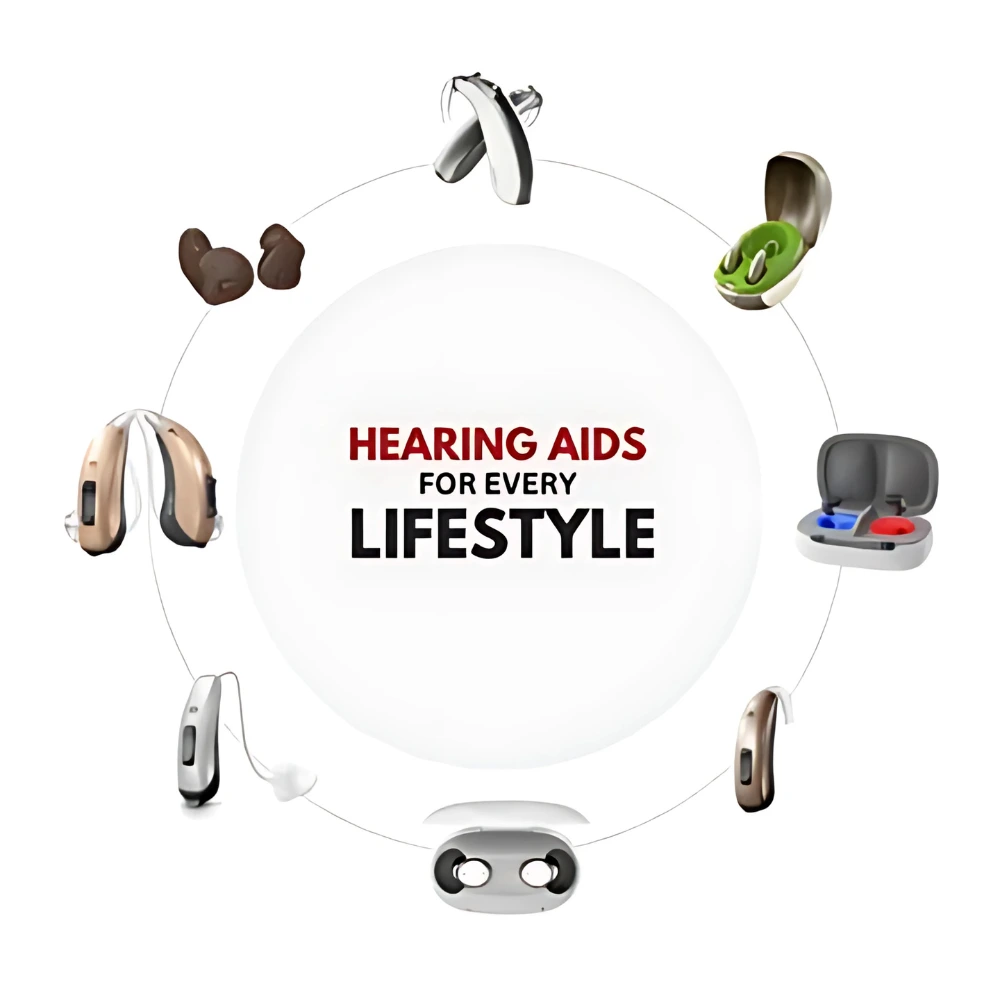Home » Hearing Aids » What is Hearing Aids
What Is a Hearing Aid?
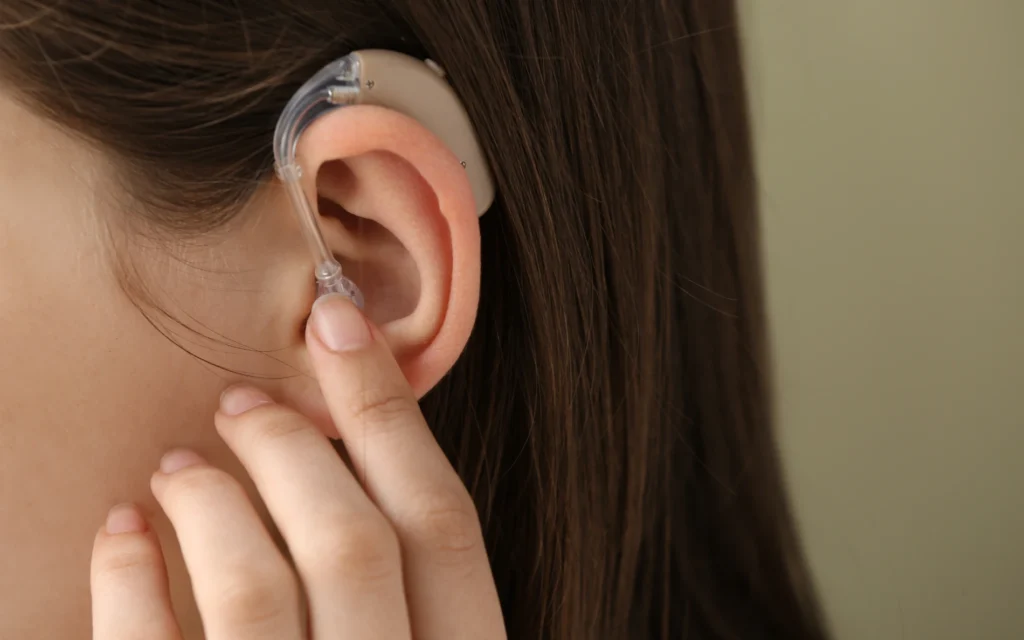
Introduction to Hearing Aids
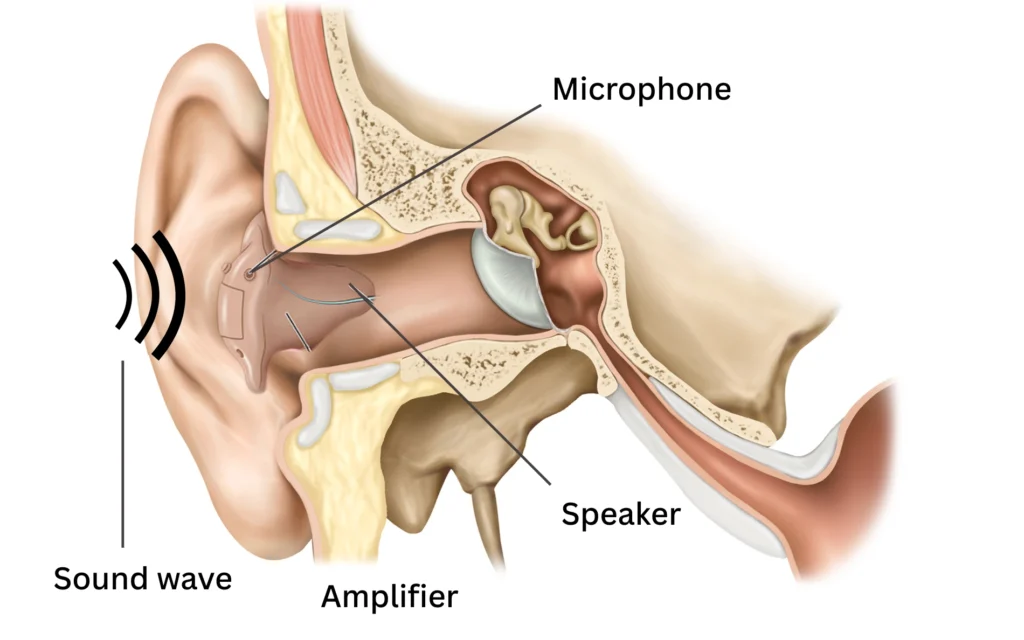
How Do Hearing Aids Work?
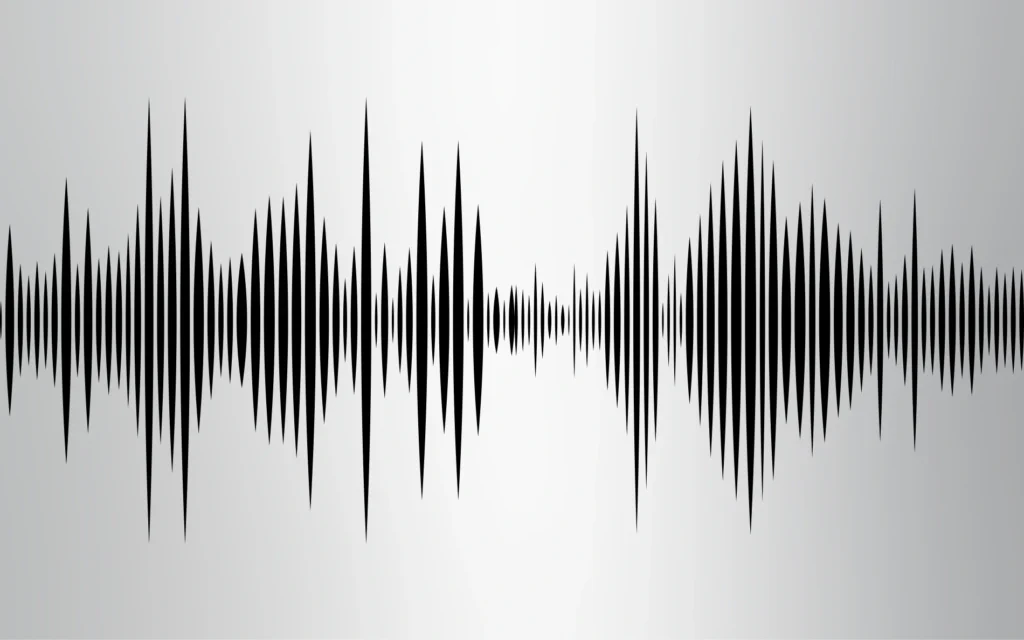
- Sound is captured by the microphone.
- The digital signal processor receives it, analyses it, and then makes adaptations.
- The receiver then transmits the refined and amplified sound straight into the ear canal.
In this way, hearing aids help users perceive speech and ambient sound with greater clarity, even in complex listening environments.
Main Parts of a Hearing Aid
- Microphone: Captures external sounds
- Amplifier: Increases sound levels
- Speaker/Receiver: Delivers sound into the ear
- Battery: Powers the device (can be rechargeable or disposable)
- Digital Signal Processor: Found in digital hearing aids, it helps process and enhance sound for better clarity
Who Can Benefit from Hearing Aids?
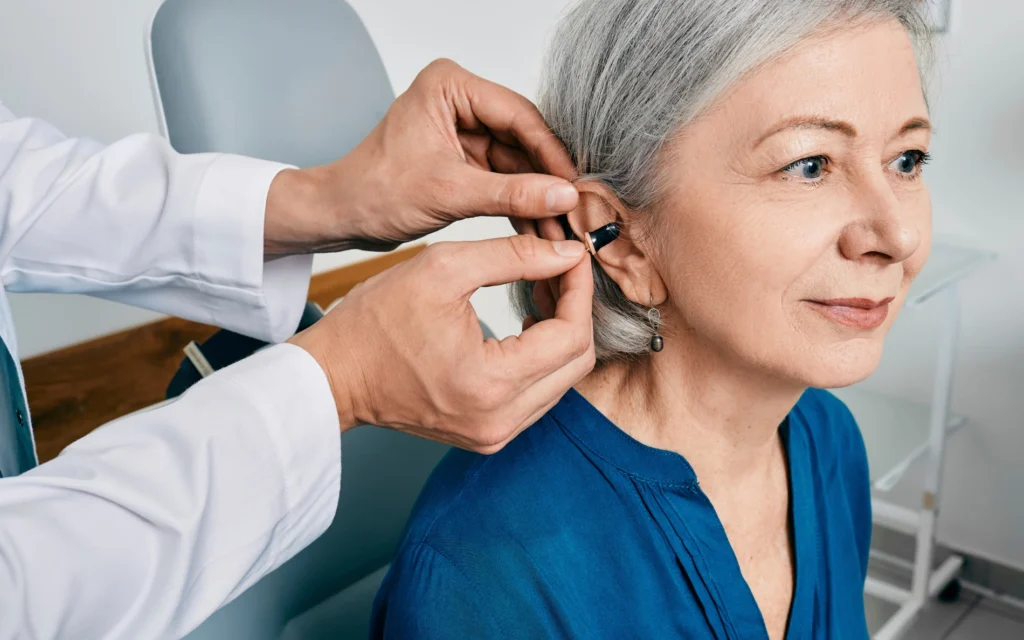
Benefits of Using Hearing Aids
- Clearer Conversations: Hear speech better in both quiet and noisy environments.
- Improved Relationships: Stay connected with friends and family without constant “What did you say?”. Promotes confidence in public settings.
- Better Mental Health: Reduced feelings of isolation and depression.
- Enhanced Cognitive Function: Some studies show hearing aids may help maintain brain health.
- Safer Living: Pick up on environmental cues like alarms, traffic, and doorbells.
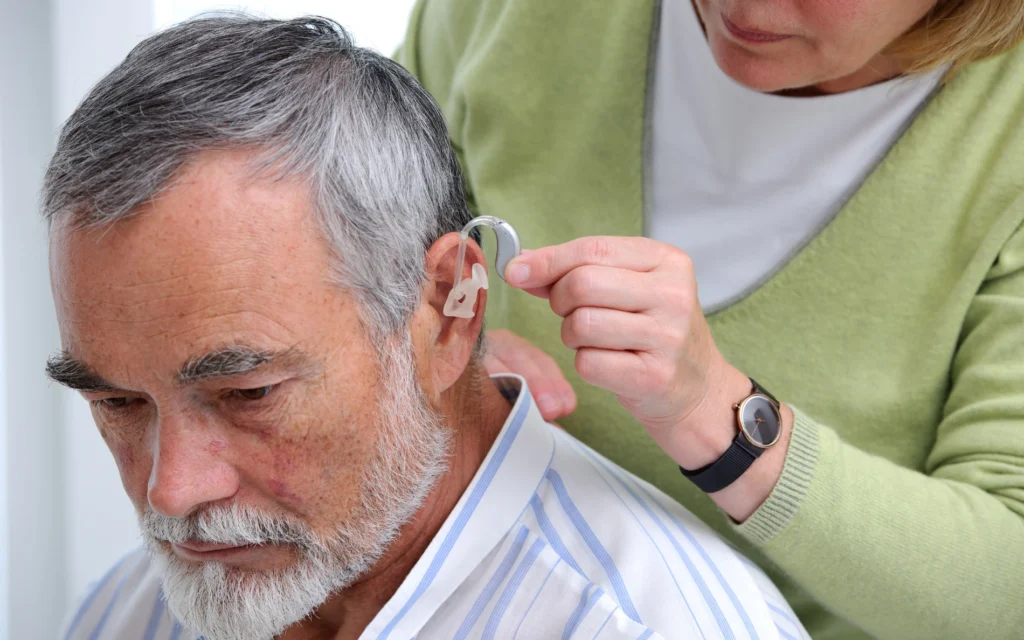
If you’re still asking what are the benefits of hearing aids, consider how improved hearing can influence your relationships, career, and personal safety.
Hearing Aids, Better living, period.
How to Get a Hearing Aid
- Hearing Test: Visit a certified audiologist to assess your hearing levels.
- Consultation: Discuss your lifestyle, hearing goals, and budget.
- Device Selection: Choose a model that fits your needs, whether it’s basic amplification or a digital hearing aid with all the bells and whistles.
- Fitting & Tuning: Your hearing aid will be custom-fitted and programmed just for you.
- Follow-up Support: Get ongoing hearing aid support for adjustments, troubleshooting, and routine maintenance.
FAQs About Hearing Aids
How long are hearing aids good for?
The average longevity of a well-maintained hearing aid is three to five years. This can be affected by things like care, usage, and innovation in technology. Frequent examinations guarantee that it keeps on functioning well.
How much do hearing aids help?
Hearing aids can greatly improve speech comprehension, sound localisation, and general communication when fitted correctly. The severity of hearing loss and the functions of the hearing aid influence the results.
Can hearing aids affect your voice?
Yes, your voice might seem distinctive or louder to you at first. This phenomenon is referred to as the occlusion effect, and it generally goes away with minor modifications or as you become accustomed to the device.
Can hearing aids reduce noise?
Absolutely. Modern digital hearing aids come with advanced noise reduction features that filter out background noise and focus on the sounds that matter, like conversations.
What is hearing aid compatibility?
It refers to how well your hearing aid works with phones, TVs, and other devices. Look for HAC ratings or Bluetooth-enabled models for smoother pairing and sound streaming.
Request Consultation
